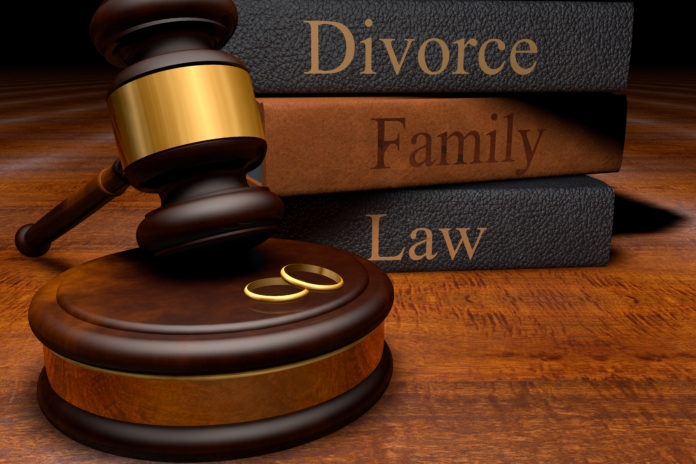Traditionally, divorce involved litigation. It was exclusively an adversarial process. Lawyers on either side of the aisle would advocate on behalf of their clients in order to secure a favorable settlement. This often involved a drawn-out legal battle in which both litigants attempted to dig up as much dirt as possible on the other party. While litigation is still appropriate in some divorce cases, today many couples are choosing a less adversarial route.
Collaborative divorce is an option that more and more couples are choosing to explore. While collaborative divorce involves mediation, it is not the same as using a mediator to reach a settlement. Collaborative divorce instead involves attorneys on both sides who advocate on behalf of their clients.
Collaborative Divorce vs. Mediation
Mediation is distinct from collaborative divorce in a number of ways. Whereas mediation involves the two parties contracting a third as mediator, each party in a collaborative divorce has a lawyer advocating on his or her behalf. In that way, collaborative divorce is a bit of a hybrid of litigation and mediation.
Collaborative Divorce Involves Lawyers Who Specialize in Collaborative Law
Lawyers for each party are trained in collaborative law. The most popular application of collaborative legal specialists is the dissolution of marriages.
Collaborative Law Does Not Involve the Courts
Collaborative law circumvents the court system entirely. Both parties and their lawyers sign a document of intent that they intend to behave in good faith for the purpose of coming to a fair agreement. If the parties cannot reach a fair settlement, or litigation at any time is threatened, all parties will withdraw from the collaborative process. The result of this is generally litigation.
Collaborative Divorce May Involve Outside Professionals
The role the attorneys play in a collaborative divorce is much different than in litigation. The attorneys advise both parties and may call in other specialists such as financial advisors, health professionals, and child specialists. Instead of leveraging opposing counsel and their client, collaborative attorneys seek a fair resolution.
Is Collaborative Divorce Right for You?
The collaborative divorce process in Maryland seeks to be a fair and transparent avenue toward an amicable divorce. To find success with this approach, both parties must engage in good faith with the collaborative process or risk the agreement falling apart entirely. That said, there are certainly conditions under which collaborative divorce is not a viable option, such as:
• One or the other spouse has a history of domestic violence
• One or the other spouse makes all of the key decisions for the family
• One or the other spouse has a history of drug or alcohol abuse
• One spouse suspects the other of hiding assets
For Maryland residents who want more control over the divorce process than they would find in mediation, but also want an amicable solution to dissolving their marriage, collaborative divorce might be the ticket to a quicker, more convenient, and less stressful dissolution of marriage. Just because your marriage has ended, that does not mean you need to make an enemy of your former spouse. Explore collaborative divorce to come to a fair resolution to your marriage and take your best possible step forward toward your new single life.
For more information, visit www.CastroLawGroup.com.











